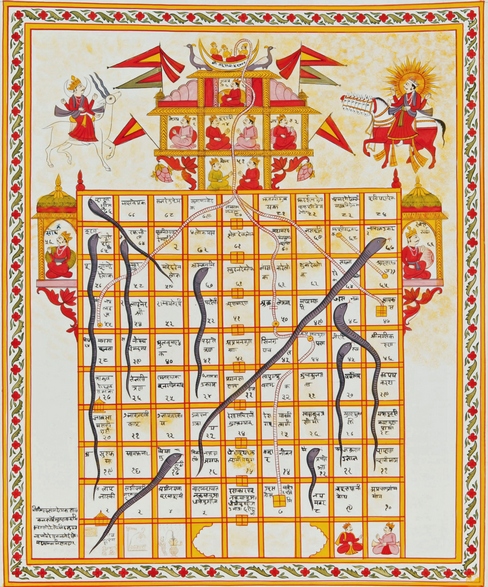Adjective are those words which add some more information to the noun. There are different types of adjectives.
Some adjectives show size of the things or people.
Big, large, small, tiny, huge, thin etc show the size of people or things
Ex:
- A big car.
(Here adjective ‘big’ has added more information to the noun car.) - A tiny village.
Some adjectives show colour of the things.
Red, green, blue, orange, yellow etc show colour of the things.
Ex:
- A red car.
- A blue jeans.
Some adjectives show quality of the things.
Young, kind, beautiful, hot, cool, old, brave, rich, poor etc show quality of the things or persons.
Ex:
- A beautiful girl.
- A young boy.
- A beautiful painting.
Some adjectives show quantity of the things.
Much, little, some, sufficient, whole etc show quantity of the things.
Ex:
- This is sufficient food.
- This is little whisky.
Some adjectives show what things are made of.
Steel, wood, iron, plastic, gold, cotton etc show the material the things are made of.
Ex:
- This is wooden table.
- Give me a plastic bag.
- Show me a gold chain.
Adjectives have three degrees. ie Positive, Comparative and Superlative. Let’s see how to form these.
The comparative degree of an adjective is usually formed by adding ‘er ’ and the superlative degree is formed by adding ‘est' to the positive form of adjective.
Positive |
Comparative |
Superlative |
|
High |
Higher |
Highest |
|
Long |
Longer |
Longest |
|
Sweet |
Sweeter |
sweetest |
If the positive degree of an adjective ends in ‘e’ then only ‘r’ and ‘st’ is generally added to make the comparative and superlative degrees
Positive |
Comparative |
Superlative |
|
Wise |
Wiser |
Wisest |
|
Large |
Larger |
Largest |
|
Safe |
Safer |
Safest |
If the positive degree of an adjective ends with consonant + y then y is replaced by ier in comparative degree and iest in superlative degree.
Positive |
Comparative |
Superlative |
|
Lovely |
Lovelier |
Loveliest |
|
Pretty |
Prettier |
Prettiest |
|
Easy |
Easier |
Easiest |
If the positive form of an adjective ends in a single consonant and is of one syllable which is preceded by vowel then the consonant is doubled before adding ‘er' or ‘est' to form comparative or superlative degree.
|
Positive |
Comparative |
Superlative |
|
Wet |
Wetter |
Wettest |
|
Hot |
Hotter |
Hottest |
|
Big |
Bigger |
Biggest |
If the adjectives have two or more than two syllables. Comparative and superlative degrees of these adjectives are formed by adding ‘more’ and ‘most’ before the positive form.
Positive |
Comparative |
Superlative |
|
Beautiful |
More beautiful |
Most beautiful |
|
Colourful |
More colourful |
Most colourful |
|
Careless |
More careless |
Most careless |
Some adjectives have irregular forms of comparative and superlative degrees.
Positive |
Comparative |
Superlative |
|
Good |
Better |
Best |
|
Bad |
Worse |
Worst |
|
Late |
Later |
Last |
